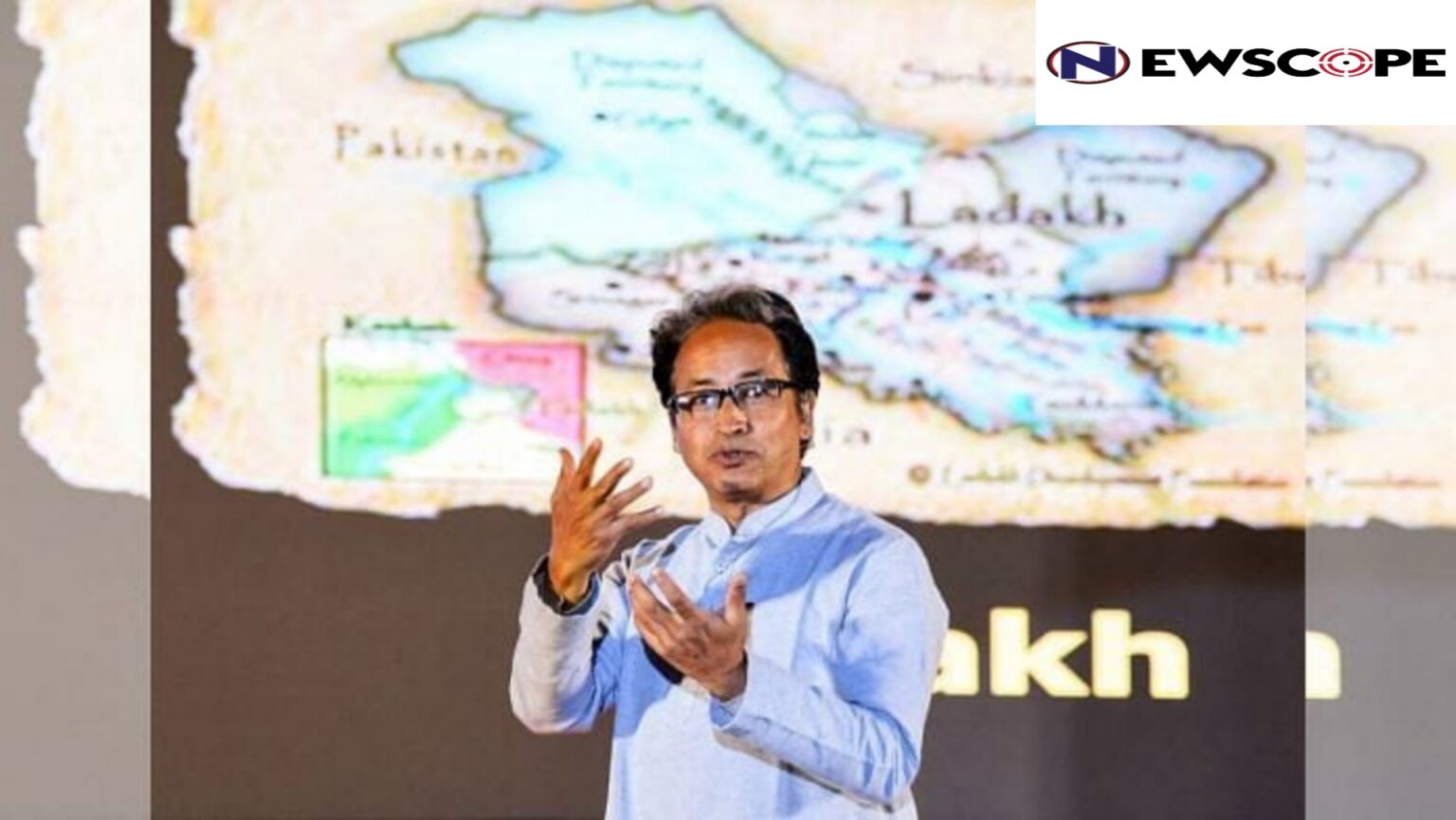The government of India has introduced new transformative domicile and reservation policies for the Union Territory of Ladakh in response to long standing demands for local job security and cultural preservation after the abrogation of Article 370 in 2019. The new regulations, according to the Ministry of Home Affairs, will safeguard Ladakh’s unique tribal identity and economic interests. It is to be noted, Ladakh has previously been rife with protests led by groups like the Leh Apex Body and Kargil Democratic Alliance. These groups observed shutdowns in fear of bigger businesses taking opportunities away from the local people.
The government, led by President Draupadi Murmu has passed several regulations. Union Territory of Ladakh Reservation (Amendment) Regulation, 2025 which amends the Jammu and Kashmir Reservation Act, 2004. Of which, the The Ladakh Civil Services Decentralisation and Recruitment (Amendment) Regulation, 2025 clarifies domicile eligibility for government jobs. Individuals who have resided in Ladakh for 15 years since the 31st of October, 2019 (the foundation day of the UT of Ladakh), or studied there for seven years and appeared for Class 10 or 12 exams, qualify as domiciles. Apart from that, children of Central government employees, including those in PSUs, banks, or central universities, who have served in Ladakh for 10 years, are also eligible. These certificates will be valid solely for employment purposes and not administrative or political roles.
The The Union Territory of Ladakh Reservation (Amendment) Regulation, 2025, on the other hand, has provisions on reservations with 85% of government jobs being reserved for STs who make up over 90% of Ladakh’s population, ensuring nearly a complete representation for local communities. The EWS quota remains at 10%, excluded from the 85% cap.
Meanwhile, the Ladakh Autonomous Hill Development Councils (Amendment) Regulation, 2025, reserves 1/3rd of the seats in the Leh and Kargil councils for women, through rotational constituency allocation in order to enhance representation of women.
The Ladakh Official Languages Regulation, 2025, recognizes English, Hindi, Urdu, Bhoti, and Purgi as official languages, with commitments to promote native languages like Shina, Brokskat, Balti, and Ladakhi. These measures were a result of negotiations and meetings with Ladakhi representatives, who raised concerns put forth by activist Sonam Wangchuk.



